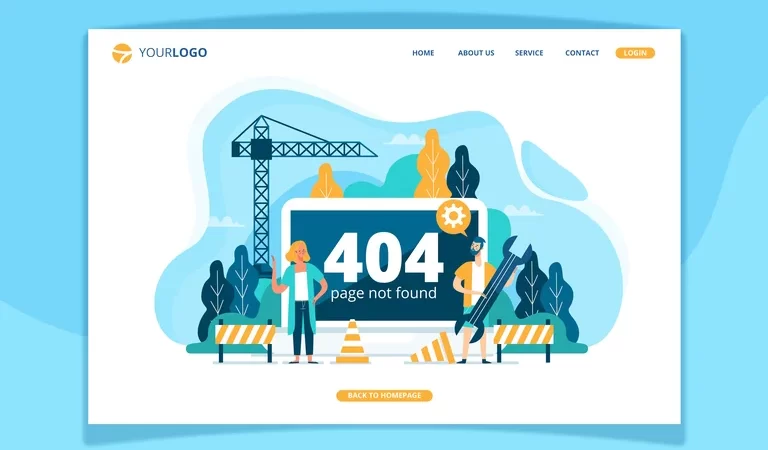Answers to Possible Queries about Google’s New Spam Update – June 2021
Google, on a regular basis, releases spam updates in order to enhance its search results quality. Google’s Search Liaison, Danny Sullivan tweeted about a spam-preventing algorithm update being rolled out on 23rd June. Quite swiftly, the update was completely implemented on the very same day.
There were no specific details provided about the update but general information, for example, what search spam is for Google and what the company does to stop it.
Through that new spam update, Google is targeting some of the most common spamming acts, like;
- Websites that are live and running on scraped or auto-generated content
- Phishing sites intending to capture users’ personal information through misleading content materials
The next day, upon having a handful of questions through a retweet from Barry Schwartz, CEO of RusticBrick, Danny cleared that the update was rolled out across the globe covering web page and image results.
What could be the impact?
Google has always been updating its various other algorithms; and if a site genuinely follows Google’s webmaster guidelines, it is likely to face less impact or remain unaffected.
Besides phishing on the web, there are many other ways that cybercriminals use to target users. That new spam update will also cover websites that just seem to be relevant in order to obtain a higher rank in search results but do not actually provide what users reach there for.
What about genuine websites?
According to Google Webspam Report 2020, “Hacked spam was still rampant.”
Cyberattacks can also be launched via hacking techniques. Yes, a website with weaker protection is vulnerable to spam, getting its users involved. Even sites that maintain compliance with Google’s standards but do not have firm protection, might deliver spam to users, without being aware of it.
What could be done to improve security?
If your website’s rank is diminishing, especially after the spam update, you may consider looking into its security to find the issue and rectify it as soon as possible. Security checks, analyses and improvements are important and many proactive SEO professionals perform the same regularly, putting their best effort into preventing cyber threats and breaches.
How does Google respond to spam?
When Google detects a stie with spam, even after the new update, its content gets demoted in or de-indexed from search results.
This indicates you must ensure your website meets all regulations and maintains absolute security, resulting in its better protection, keeping its ranking unaffected by the new update.
As aforementioned, Google updates are regular and much-required and the June spam update has not come as a surprise. In the month of May, 2021, Google had announced;
“By combining our deep knowledge of spam with AI, last year we were able to build our very own spam-fighting AI that is incredibly effective at catching both known and new spam trends. For example, we have reduced sites with auto-generated and scraped content by more than 80% compared to a couple of years ago.”
In 2020, Google’s AI-enabled methodologies stopped 25 billion spammy pages (each day) from entering search results’ index.
Google, through its twitter handle – Google SearchLiaison, had also announced about the second part of the span update being rolled out on 28th June.







